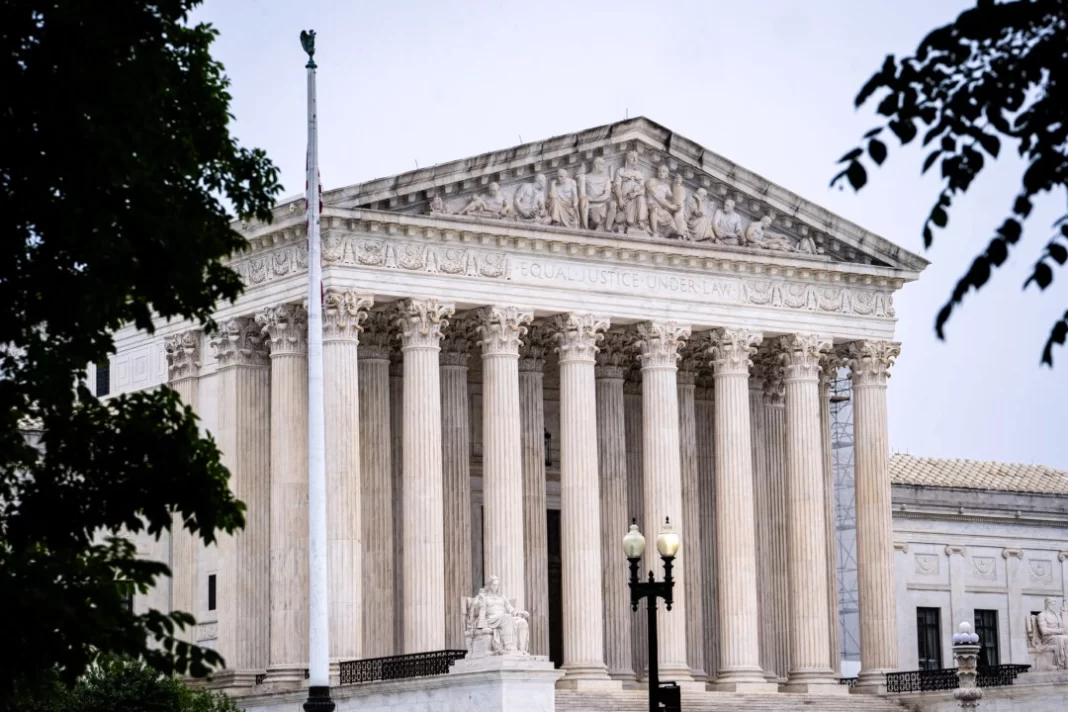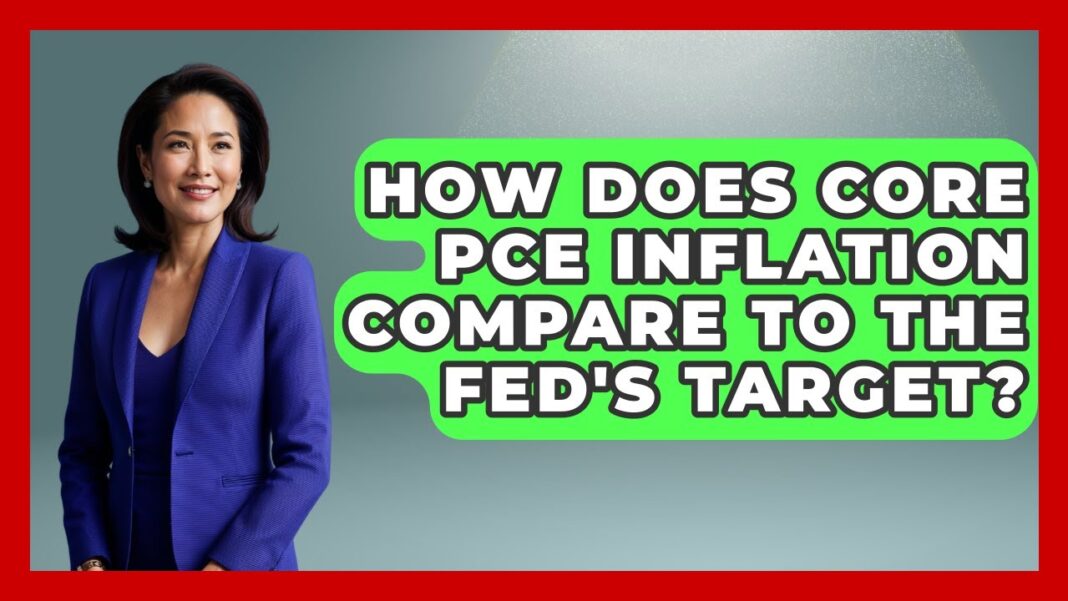The court let the administration lift humanitarian parole status for 500,000 immigrants from Cuba, Haiti, Nicaragua and Venezuela.
The Supreme Court has temporarily stayed a lower court decision that halted the Trump administration’s attempt to remove a protection known as parole for immigrants from Cuba, Haiti, Nicaragua, and Venezuela.
The court’s decision, which came on May 30, blocks the lower court order as the issue plays out in the court system. Justices Ketanji Brown Jackson and Sonia Sotomayor dissented from the court’s decision.
The Trump administration had argued that the decision to remove parole was discretionary for the secretary of homeland security and not reviewable by courts.
Earlier this month, the Department of Justice told the Supreme Court that a district court in Massachusetts “engaged in the very review Congress prohibited—needlessly upending critical immigration policies that are carefully calibrated to deter illegal entry, vitiating core Executive Branch prerogatives, and undoing democratically approved policies that featured heavily in the November election.”
U.S. Solicitor General D. John Sauer presented the request to stay the district court’s ruling as an attempt to “correct a recent, destabilizing trend in immigration cases,” according to the filing.
The Supreme Court’s May 30 ruling followed another decision this month in which the justices allowed the president to remove the protected status for Venezuelans. That case similarly said a district court had ignored a bar on judicial review of Homeland Security decisions.
Foreign nationals urged the Supreme Court not to accept the administration’s request. The district court block, they said, protected half a million individuals from potential deportation.
“Had the district court not granted preliminary relief, the Plaintiff class of approximately half a million Cubans, Haitians, Nicaraguans, and Venezuelans lawfully in this country would have become undocumented, legally unemployable, and subject to mass expulsion on an expedited basis at midnight on April 24, 2025,” they told the court.
Parole, which can be issued under federal law for humanitarian reasons, was granted by the Biden administration for broad categories of people.
By Sam Dorman








